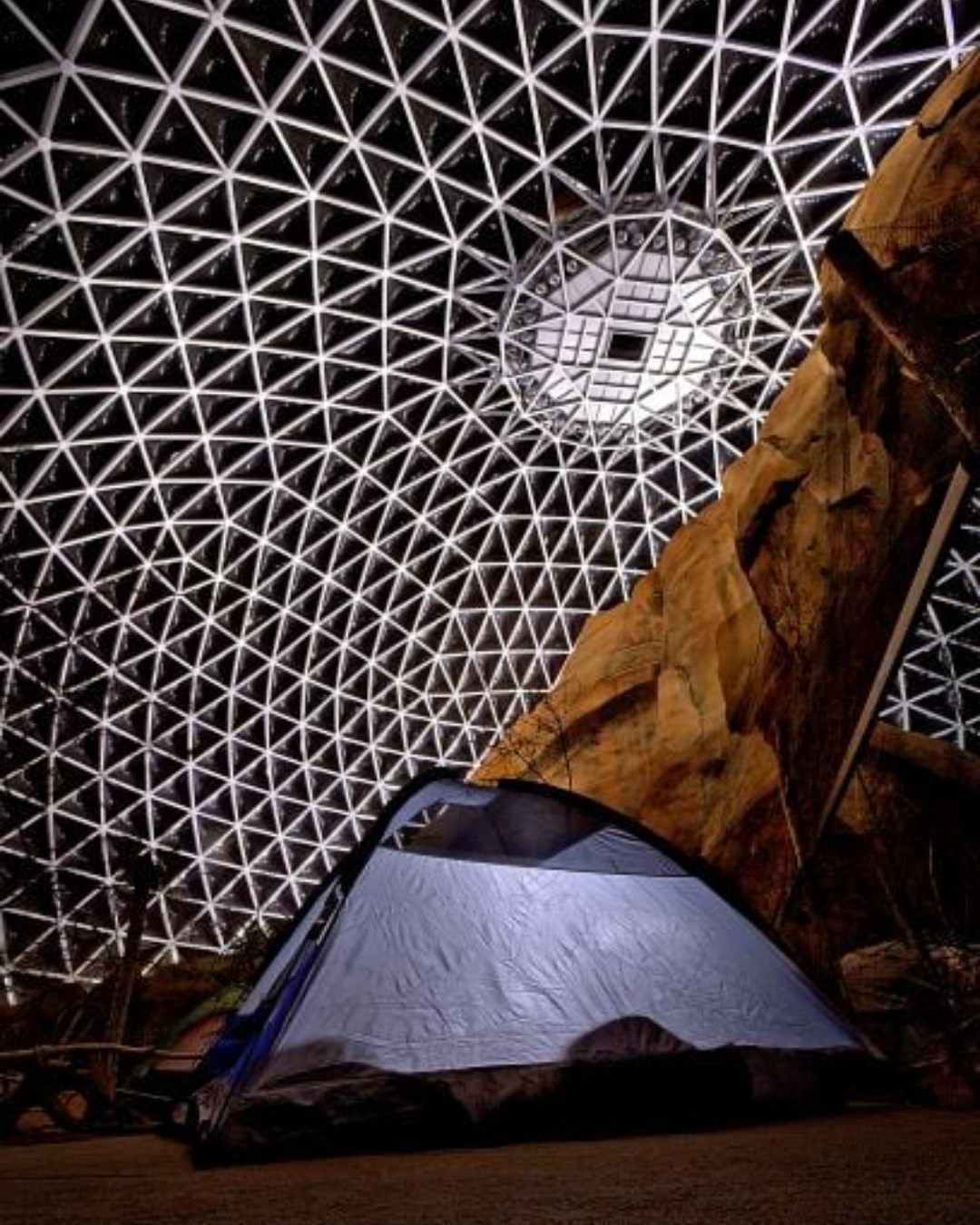-
Experiences offered through the Sleep Under the Stars… and Sharks! event
-
Connection between sleep environments and conservation education
-
Importance of conservation and species protection at the zoo
-
Role of zoos in global conservation efforts
- Opportunities for individuals to participate in and support wildlife conservation
Sleeping with sharks might seem like a fictional adventure inspired by underwater documentaries or thrilling novels, yet it’s a tangible experience offered by Sleep Under the Stars… and Sharks! Guests have the thrill of experiencing sleep in an underwater shark tunnel, orangutan valley, or sea cave. This initiative is part of the Sleeping Bag Safaris program, designed to blend education with a unique adventure, focusing on conservation and species protection.
The magic of this event lies in its carefully curated environments, each offering a distinctive look into the lives of the creatures it houses. The underwater shark tunnel is an architectural marvel, allowing visitors to witness the grace and strength of these often misunderstood predators. Sharks play a vital role in marine ecosystems as apex predators, helping to maintain the species below them in the food chain and ensuring the health of the ocean. When guests sleep in this tunnel, the experience fosters a deeper understanding and appreciation of these creatures beyond their usual portrayal in media. The orangutan valley, on the other hand, transports visitors to the world of one of humanity’s closest relatives. The enclosure mimics the dense rainforests of Borneo and Sumatra, highlighting the importance of habitat preservation in primate conservation. The sea cave emphasizes the complexity of tidal ecosystems, where numerous species interact in a delicate balance.
Each sleep environment is designed not just for leisure, but as an educational podium that raises awareness about conservation challenges and the necessary measures to tackle them. The educational focus during sleepovers at the zoo is a catalyst for deeper discussions on biodiversity and the intricate web of life. The experience is interactive, with educators sharing insights on animal behavior, conservation efforts, and the human impact on natural habitats.
The zoo plays a pivotal role in species protection and conservation, going beyond merely housing animals. Modern zoos are integral to global conservation efforts, engaging in research, breeding programs, and reintroduction initiatives. These guardians of biodiversity aid in maintaining genetic diversity, ensuring the survival of species that are on the brink of extinction. Scientific research conducted in zoos contributes critical data that informs conservation strategies, not just locally but globally.
The importance of such initiatives cannot be overstated when considering the current environmental challenges. Habitat destruction, climate change, and illegal wildlife trade are just a few factors contributing to the decline of animal populations. By providing refuge and launching breeding programs for endangered species, zoos help sustain populations that might otherwise vanish.
Zoos often partner with international conservation organizations to amplify their impact. Such collaborations can lead to larger conservation projects, such as habitat restoration, while also influencing policy changes at various governmental levels. These partnerships help zoos and conservationists share expertise, knowledge, and resources, facilitating more effective conservation strategies.
However, the battle for conservation is not one that can be fought solely by organizations and institutions. Everyone has a role to play in safeguarding wildlife and our planet. One of the most effective ways individuals can contribute to conservation is through education and awareness. Understanding the ecological and ethical aspects of wildlife conservation can lead to more informed and responsible decisions.
Attending programs such as Sleep Under the Stars… and Sharks! offers invaluable engagement opportunities. Participants gain firsthand knowledge about ecosystems and the interdependencies among species. This kind of learning emphasizes the critical nature of conservation efforts and inspires personal involvement. Simple actions, such as supporting conservation-based policies, reducing one’s carbon footprint, or participating in citizen science initiatives can collectively have a profound impact.
Moreover, individuals can support conservation through other means. Supporting responsible zoos and aquariums, which adhere to rigorous welfare and ethical standards, directly contributes to ongoing research and conservation efforts. Volunteering time and resources to local conservation projects can also facilitate change within communities.
Engaging in financial support for conservation organizations, whether by donations or through the purchase of sustainable products, can amplify the reach of these initiatives. Many wildlife conservation projects rely heavily on donations for their operations, which include field research, anti-poaching units, and education programs.
Virtual platforms and social media are powerful tools for raising awareness and advocating for wildlife and habitat protection. Sharing information, successes, and challenges relating to conservation can motivate others to become involved, creating a ripple effect of positive change.
Ultimately, the Sleep Under the Stars… and Sharks! event serves as an educational conduit, bridging the gap between people and wildlife. It stimulates curiosity and fosters a generation of conservation-minded individuals. As more people connect with the importance of biodiversity and the need to protect it, the likelihood of ensuring a sustainable and thriving planet increases.
*****
Source Description
Sleep Under the Stars… and Sharks!
Drift off beneath our underwater shark tunnel, in an orangutan valley, or in a sea cave at our Sleeping Bag Safaris! This overnight adventure is packed with educational experiences focused on conservation and species protection.
Limited spots available—reserve today: LINK IN BIO
Discover how our Zoo supports global conservation efforts and how YOU can help protect wildlife—both around the world and in your own backyard.


